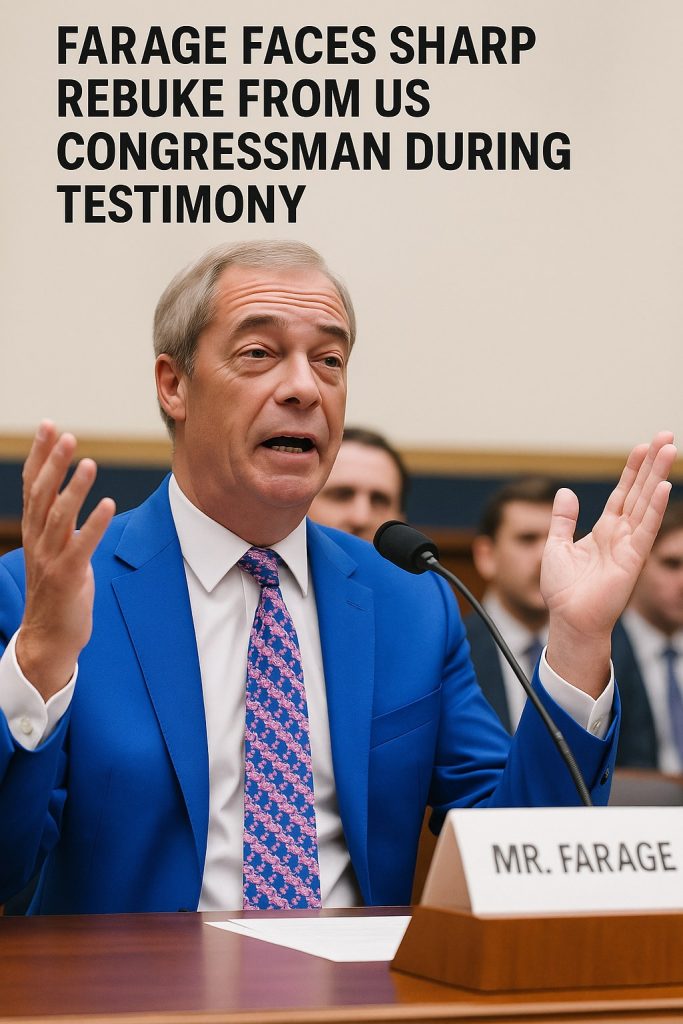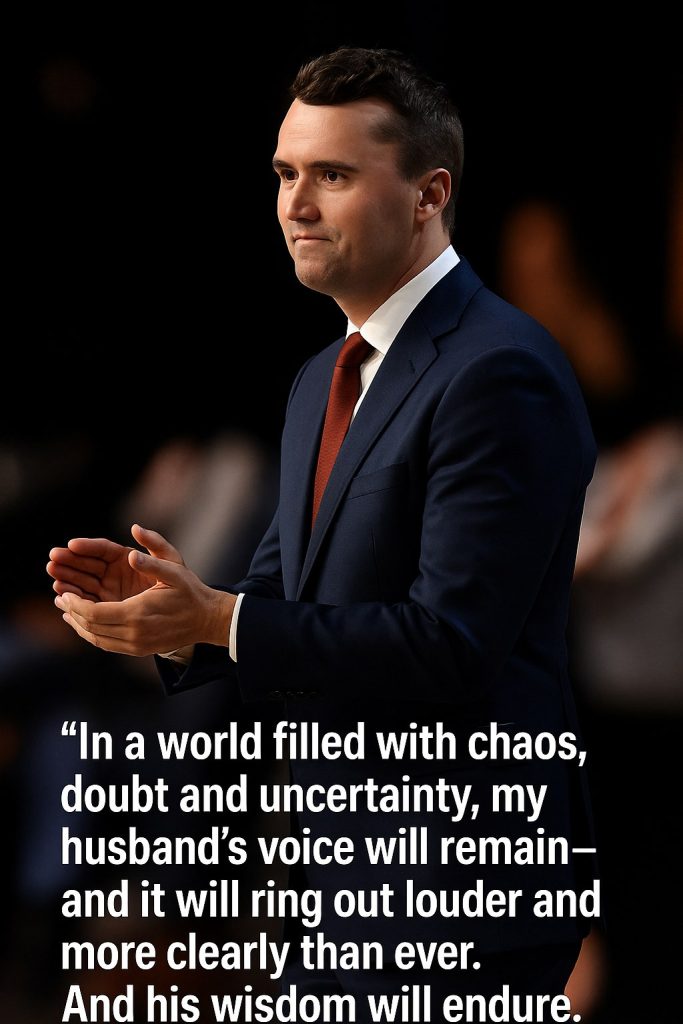In a dramatic turn during a recent congressional hearing, Nigel Farage, the British political commentator and former leader of the UK Independence Party, was sharply rebuked by a US congressman, highlighting bitter tensions over his testimony. The exchange, which took place in April 2024, quickly captured international attention as lawmakers scrutinized Farage’s influence on transatlantic political dynamics and his role in shaping populist movements.
Farage was invited to testify before a US congressional committee investigating the impact of foreign political figures on American political discourse and election interference concerns. Known for his outspoken views on Brexit and skepticism toward traditional international alliances, Farage’s appearance was expected to provide insight into how populist ideologies have spread between Europe and the United States.
However, what was scheduled as a routine hearing soon escalated when one congressman directly challenged Farage’s assertions. The congressman criticized Farage’s rhetoric as divisive and cautioned against foreign figures influencing American politics. “Mr. Farage, your commentary and activism have contributed to polarizing conversations and undermining democratic norms not just in Europe but here in the United States as well,” the lawmaker said. This sharp rebuke underscored deep concerns about the broader implications of Farage’s political style and alliances.
Farage, known for his charisma and ability to mobilize grassroots support, defended his record by emphasizing his commitment to national sovereignty and democratic choices. He argued that his efforts aimed to empower voters and challenge entrenched political establishments. “What I stand for is the right of people to decide their own future, free from distant bureaucrats and elitist agendas,” Farage responded calmly, though visibly tested by the vigorous questioning.
The exchange exposed a growing unease among some US lawmakers about the role of foreign political figures who have successfully built bridges with American populist elements. With Farage’s links to various right-leaning political groups on both sides of the Atlantic, critics fear the potential for destabilizing longstanding alliances and fueling misinformation campaigns.
In recent years, Farage has been a polarizing figure across the world, celebrated by supporters for promoting national autonomy and criticized by opponents for stoking division and skepticism toward multilateral cooperation. His invitation to testify was part of a wider US congressional effort to examine the roots and repercussions of populism on democratic institutions.
Observers noted that the heated interaction highlighted the complexities of addressing foreign influence in domestic political environments where ideologies and media ecosystems transcend borders. Farage’s presence in the hearing room and the pointed questioning he endured reflect the heightened sensitivity of US lawmakers to external political actors who have the capacity to sway public opinion and policy debates.
This incident is likely to fuel ongoing discussions about foreign involvement in American politics and how to safeguard democratic processes without infringing on free speech or legitimate political dialogue. For Nigel Farage, the rebuke marks a significant moment of contestation with US officials, illustrating the challenges faced by transatlantic populist leaders in navigating the increasingly scrutinized terrain of global political influence.



